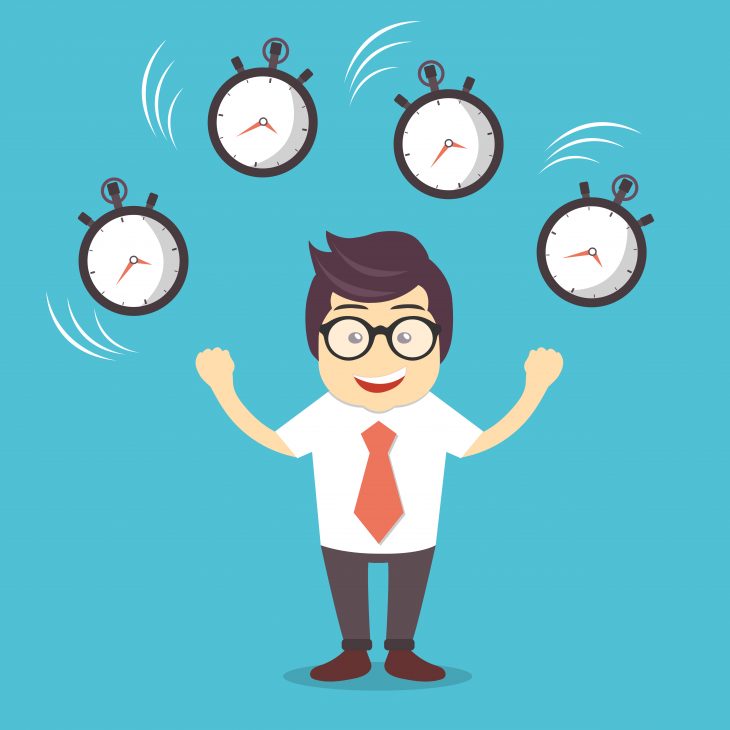
Get rid of procrastination!
Stop it immediately!
When we need to start a task which we do not enjoy, we usually tend to postpone it till the last minute. Though sometimes these tasks are really valuable (like your homework for Finnish 4) and will help you to achieve your goal, anyway it does not mean that we are felling happy about doing them. Here we can play trick on our brain and get things done within shorter time framework and without using a lot of willpower. To understand how to do that, let`s dig into theory first.
Procrastination
The feeling towards things we do not want to do has a similar brain pattern to a physical pain, that’s why we want to swap to something more pleasant. This is called Procrastination.
How procrastination works:
1. We get an unhappy feeling and discomfort because of the task we are about to do.
2. We move our attention onto a more pleasant or rewarding task.
3. Temporarily we get a happy feeling due to dopamine reward.
4. Over the long term we become less happy because we avoid the task.
Procrastination works in a way similar to addiction due to the reliance on short-term gain.
Habits and how they affect procrastination:
Habits are automatic actions or behaviours which we perform after a certain trigger occurs. It`s our zombie mode which helps to free the mind.
1. The cue or trigger sets off the habit. This can be a number of things from an emotional state, to a location.
2. The routine – this is the zombie-like automatic response.
3. The reward – this is the moment when you feel good for following the habit and it is also what maintains the habit.
4. The belief – most habits only have power over us because we believe in them.
It’s perfectly normal to feel negative feelings when you start to study but the important thing is the way you handle them. Studies show that people that don’t procrastinate put their emotions aside and focus on the task at hand.
One of the main causes of procrastination is focusing on the product or outcome of the task you are committed to. When focusing on product you are imagining all of the work you need to do to finish that essay, whereas if you focus on process you only have to focus on the time going by. This reduces the feeling of discomfort and helps with procrastination.
How to improve your habits:
1. The cue
o Try to avoid damaging cues!
2. The routine
o Actively focus on building healthier habits.
o Try to build a new ritual.
o It helps to have a plan! You need to persist and adjust.
3. The reward
o Can you substitute an emotional reward?
Internal bets are a good idea.
o Add a new reward to overcome previous habits.
o Mini deadlines may help. Even setting the «quitting your job» time will!
4. The belief
o When things get stressful you may long to fall back into old habits and hanging out with friends who share the same philosophy as you can help you to maintain a course.
The Pomodoro technique:
• This is where you focus on process rather than product.
• Often done using 25 minutes of hard work and focus, followed by a 5 minute break which is like a reward when you are finished.
Eat the frog in the morning:
• Do the most unpleasant and important task right after your morning routine and feel free the rest of the day!
Happy experimenting!
- Learning and Growth Mindset - 13th September 2024
- Another successful meeting – IBSEN meets XAMK in Kouvola, May 2024 - 16th May 2024
- Blending and joining the Finnish work life - 8th December 2023
